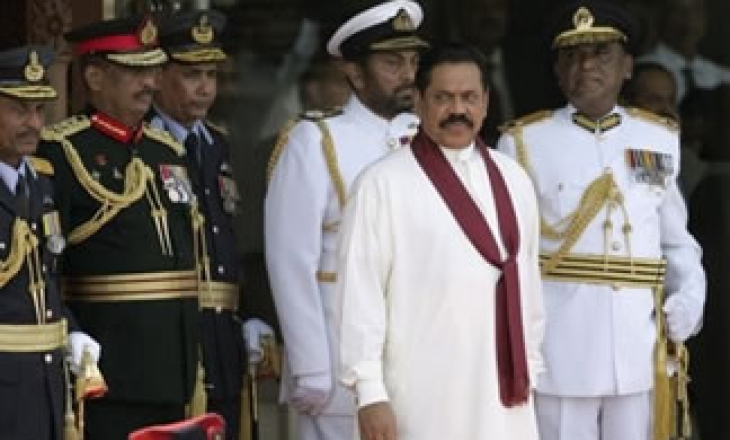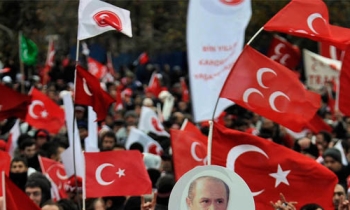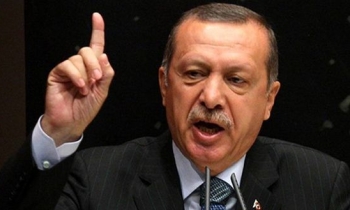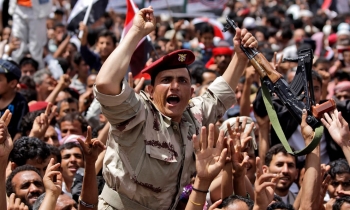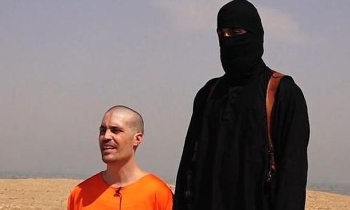The Sri Lankan government is continuing its offensive against the independent news media, blocking domestic access to a news website and smearing lawyers who are representing a leading newspaper.
The government launched aggressive efforts to curb independent media in 2006—at the same time it began an all-out military effort to defeat the separatist Liberation Tigers of Tamil Eelam (LTTE). On May 19, the government formally declared an end to the 25-year civil war.
Domestic access to the independent website Lanka News Web (http://www.lankanewsweb.com) was shut down over the weekend, according to several sources. The site, which is still accessible outside of Sri Lanka, posted a statement Tuesday saying that government had directed domestic Internet service providers to block access to the site, which is hosted outside the country. The statement said that site managers had received no formal explanation but suspected the shutdown stemmed from a story on Saturday saying that the president's son had been the target of stone throwers at a refugee camp. The site’s editors believe the blocking was prompted by a report posted earlier that day about President Mahinda Rajapakse’s son, Namal Rajapakse.
The same day, the official website of the Ministry of Defence carried an article headlined, "Traitors in Black Coats Flocked Together," which identified five lawyers who represented the Sunday Leader newspaper at a July 9 hearing in a Mount Lavinia court as having "a history of appearing for and defending" LTTE guerrillas. The article carried pictures of three of the lawyers, making them identifiable to government supporters who might accost them.
"The government is continuing to silence its critics through harassment and threats. Authorities should end their anti-media policies, and they can start by restoring access to independent news websites and halting attacks on their critics," said Bob Dietz, Asia programme coordinator for the New York-based Committee to Protect Journalists (CPJ).
“The tension that already exists between the media and government in Sri Lanka will not be improved by blocking websites,” Paris-based Reporters sans Frontières (RSF) said. “No one should be immune from press criticism, including members of the president’s family.”
The ministry's website has criticised several individuals in the past who have gone on to be targetted with threats. The paper's parent organisation, Leader Publications, has been in court defending itself against contempt charges stemming from critical coverage of Defence Secretary Gothabaya Rajapaksa. The lawyers had recently replaced the original defence attorneys, who had resigned because they said they did not support criticism of Rajapaksa, President Mahinda Rajapaksa's brother.
Lasantha Wickramatunga, editor-in-chief of the Sunday Leader, was killed on January 8 by motorcycle-riding assassins. The death was among three violent anti-press episodes in January, which CPJ documented in a special report, "Failure to Investigate." As the government's military victory drew closer, attacks against journalists continued.
CPJ has counted 11 journalists who have fled the country in the past year in fear of their lives.

